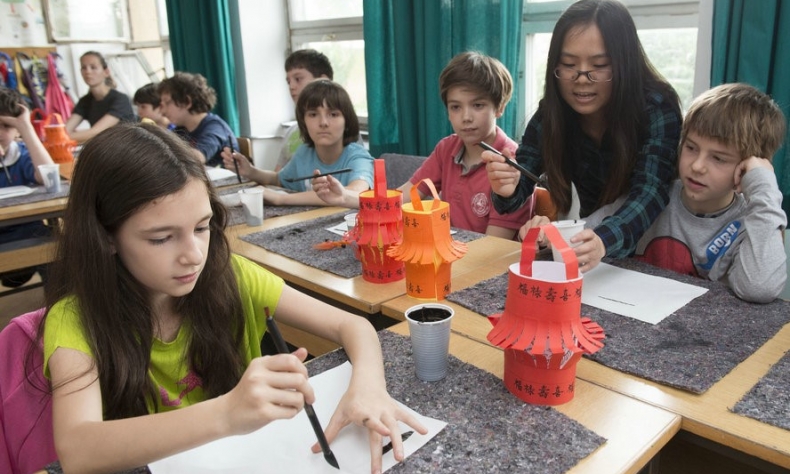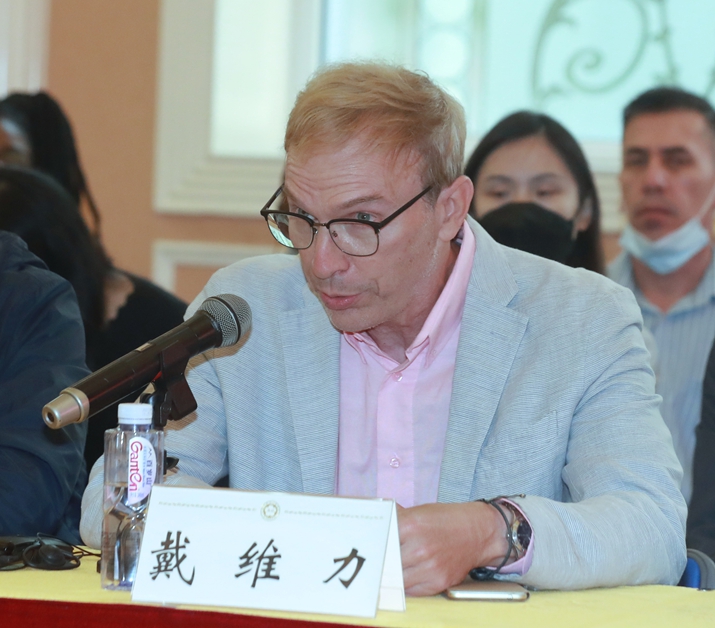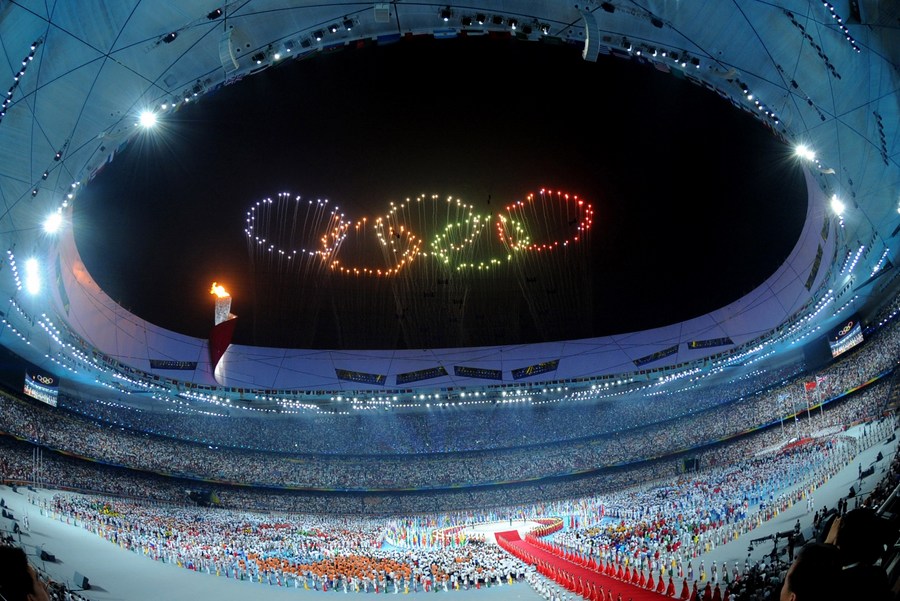Next-Level Friendship

Speaking of destiny, I must confess that I built the community for a shared human future… Not as a statesman, but as one of the translators and the proofreader of the French version of that most epoch-making work by President Xi: On Building A Human Community with A Shared Future.
On a hot September night in 1984, I set foot in China for the very first time. After a long wait at Beijing International Airport, I decided, out of sheer despair, to hail a taxi, even though my Chinese was very limited. On the way to the (then) Beijing Institute of Foreign Languages, I started an alarmingly hesitant conversation, more body language than anything, with the driver. As I looked more puzzled than drowsy when he said something, he abruptly pulled over his car and started writing the corresponding Chinese characters on the windshield.
It was 1 a.m.; the road was completely deserted. I nodded to indicate my understanding. And off we went, he to earn a fare and myself to earn a 30-year ticket to living in China. I was to experience day after day the same warmth and simplicity among the “old 100 names,” as well as the multicolored splendor of a 5,000-year-old culture.

Four years later, I got off another plane to start a contract with New China Press Agency: I was to be their French proofreader of international news. I hadn’t realized yet that proofreading would become my main occupation—I had studied Dutch and English translation in my home country.
It wasn’t long before I found my present employment in the Central Compilation & Translation Bureau, where I was and still am employed to proofread translations of important Party documents as well as the collected works of Chinese leaders. If all the sheets of paper I have revised and annotated could somehow turn into leaves again, I guess I could offer Beijing a new green barrier against sandstorms.
In 2008, I took part in the Beijing Olympics… Not as an athlete, but as a translator and editor for the French website of the games. That was my moment of glory, the moment when my career crossed the path of China’s glorious ascent.
What could being born in China be if not an inscrutable decree of destiny? But is it through predestination that a foreigner comes to live and work in China, especially for so many years? What I do know, is that major events often throw a shadow many years before their occurrence. I remember the image of a flower reflected in the clear water of my maternal grandmother’s stone washbasin in Spain. Its flowers were of a delicate white hue. They came with a uniquely fresh perfume that seemed to deepen the cool atmosphere hanging over the basin, especially on hot summer afternoons. Little did I know then that this flower is in fact a gift from China to the world, to me much more significant than gun powder or the compass—though considering my profession I should be the last person to pooh-pooh the importance of printing and paper.

Speaking of destiny, I must confess that I built the community for a shared human future… Not as a statesman, but as one of the translators and the proofreader of the French version of that most epoch-making work by President Xi: On Building A Human Community with A Shared Future. Undeniably, this was also a highlight of my career in China, and a task I particularly cherished. The paradox of translation is that the better it is, the less one notices the hand of its maker—apparently only bad translations get noticed. Because translation is such an inconspicuous and silent force, the most unremarkable of all “soft powers,” it is truly remarkable that the Chinese leaders chose me to receive this year’s Friendship Award.
I sincerely believe that this is not just to reward me, but to acknowledge the contribution of all those tireless “workers of the word” who are trying to make China better understood by an often uncomprehending, if not biased, world.
As China enters a decisive moment in her development, I am more than willing to continue to be a modest gardenia flower in its courtyard as long as, through my work, the story of China may go on spreading its fragrance and making the planet a better place to live.
The author is a French language consultant with the Institute of Party History and Literature of the Communist Party of China Central Committee.
 Facebook
Facebook
 Twitter
Twitter
 Linkedin
Linkedin
 Google +
Google +










